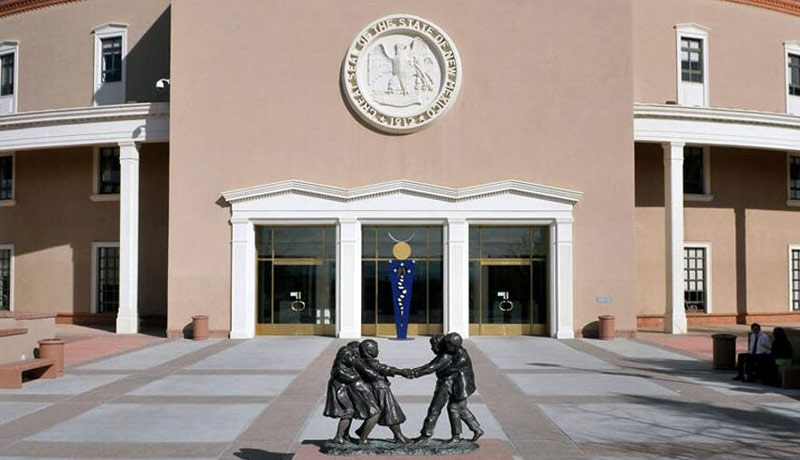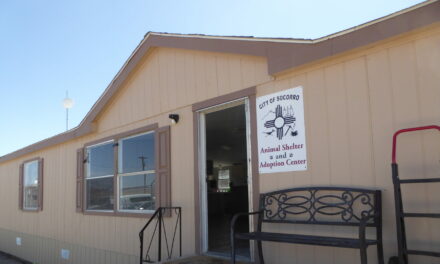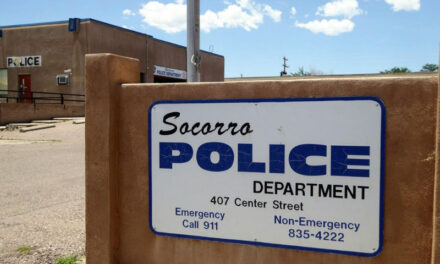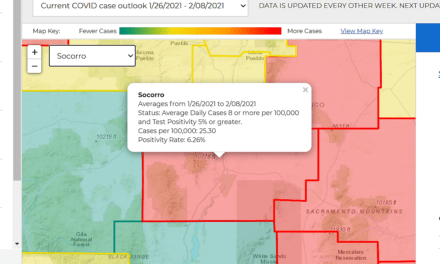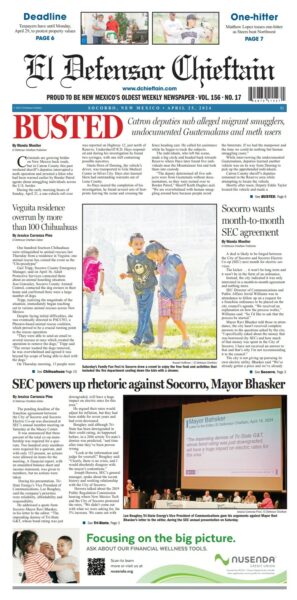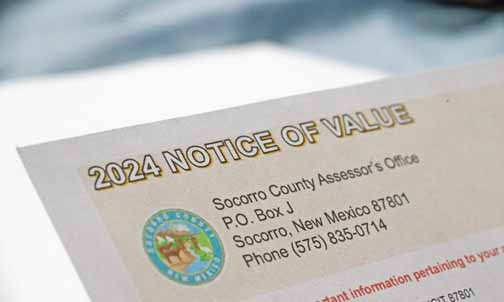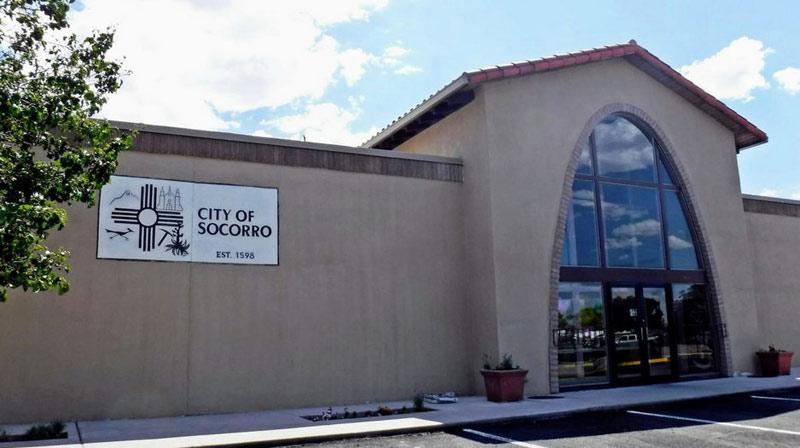The emergency public health order on Wednesday was amended to accommodate slightly increased capacity inside essential retail spaces, such as grocery stores and certain other large big bix retailers that generate a percentage of their revenue from consumable food and drink products, as cold weather grips most of New Mexico.
In accordance with the state’s graduated red-to-green system of measuring the risk of viral spread in specific counties, the changes establish that essential retail spaces:
May operate at 50 percent of maximum occupancy at the Green Level
May operate at 33 percent of maximum occupancy at the Yellow Level
May operate at 25 percent of maximum occupancy at the Red Level
Previously, essential retail spaces could operate with either a limit on maximum occupancy or a specific number of customers at one time, whichever was smaller. The change eliminates the latter provision.
The amended emergency public health order went into effect Wednesday, Dec. 16.
In the meantime, Governor Michelle Lujan Grisham said at her December 10 Facebook news conference that a return to a more normal life is on the horizon but that face masks could be necessary well into 2021. She said the disease is still widely prevalent throughout the state and that New Mexicans should try to stay home as much as possible and avoid gatherings.
And get tested, especially if a person has any concern about possible virus exposure.
“The best gift you can get a local business this holiday season is to get tested,” Lujan Grisham said. “When more of us get tested, we can drive down positivity rates and move counties into yellow and green.”
Due to a sustained surge in COVID-19 infections and deaths, the New Mexico Department of Health issued the two new public health orders aimed at ensuring that medical providers make best use of their time and facilities.
“New Mexico’s health care system, and everyone working within it, will continue to work toward the best possible outcome for our state,” acting DOH Secretary Billy Jimenez said in a statement. “It’s so important for all of us to step up for those dedicated health care workers, to recognize the sacrifices they are making to protect our neighbors, to understand our own actions can and will make a difference.”
One order prohibits surgical procedures that aren’t essential and can be safely delayed for three months without “undue risk to the patient’s health,” a move intended to conserve medical resources during the pandemic.
The second order recognizes the establishment of crisis care standards in hospitals, and changes liability standards for emergency medical providers as the state prepares for possible triage procedures that might limit care to some individuals. This, in effect, could involve the rationing of health care if the demand for ventilators or other care exceeds the supply.
“Normally, providers have an ethical and legal obligation to do whatever is in the best interest of each of their patients,” the order states. “Under crisis standards of care, providers instead have an ethical and legal obligation to do what is best for everyone in the state, not just what is best for their individual patients.”
Under crisis standards doctors and nurses could be called on to perform duties outside their normal area of expertise. The crisis care order is also designed to offer some legal protection for physicians caring for COVID-19 patients outside the doctors’ normal scope of practice. It’s in effect through Jan. 5.
According to Human Services Secretary David Scrase, hospitals are “reaching alarming statistical milestones as they cope with pandemic patients.” He said the coronavirus accounts for more than 50 percent of patients at some hospitals and that every patient is on a ventilator breathing machine in at least one intensive care unit.
“We are still in an extreme risk situation,” Lujan Grisham said.
Un the meantime
